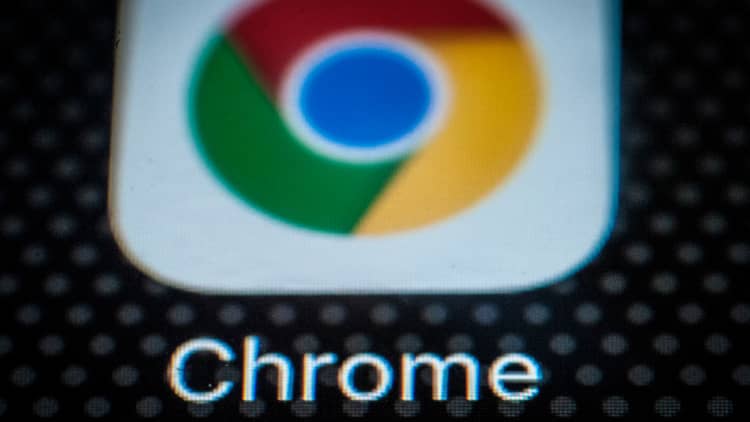A recently revealed deal between Google and hospital network Ascension is already sparking privacy concerns in Congress.
Minnesota Sen. Amy Klobuchar, a Democratic presidential candidate, shared privacy concerns Tuesday on how the companies are sharing private patient health data. The Wall Street Journal reported Monday that a Google initiative code-named "Project Nightingale" allowed 150 Google employees to have access to data on tens of millions of patients without their knowledge or consent.
CNBC reported earlier Wednesday that the privacy concerns may not be as straightforward as they could appear on face value. People familiar with the agreement told CNBC that Google and Ascension signed a business associate agreement, which typically allows for protected health data to be transferred from a health system to business partner with limits on how the business can use the data for commercial purposes.
Google did not immediately respond to a request for comment.
Klobuchar said her concerns were not limited to Google and Ascension's agreement alone. Without citing Google's planned acquisition of wearable fitness tracking firm Fitbit, Klobuchar referenced the device in her statement. The proposed acquisition has drawn criticism from Klobuchar's colleagues, like prominent tech critic Sen. Josh Hawley, R-Mo., and Rep. David Cicilline, D-R.I., the head of the House Antitrust Subcommittee leading an inquiry into Google and other Big Tech firms.
"This collaboration isn't the only one that raises serious privacy concerns," Klobuchar said in a statement. "New technologies have made it easier for people to monitor their own health, but health tracking apps, wearable technology devices like Fitbits, and home DNA testing kits have also given companies access to your private health data with very few rules of the road in place regulating how it is collected and used."
Klobuchar said Google has not answered whether it would use health data from the Ascension agreement to profit or conduct independent research, which the senator's office said could move beyond HIPPA protections. In the case of the Fitbit deal, Google has said it will not use health and wellness data for advertising.
Klobuchar urged Congress to enact her bill known as the "Protecting Personal Health Data Act." The bill would require the Department of Health and Human Services to help the Federal Trade Commission establish "meaningful regulations that protect private health data not covered under existing privacy law."
-CNBC's Jennifer Elias and Christina Farr contributed to this report.



